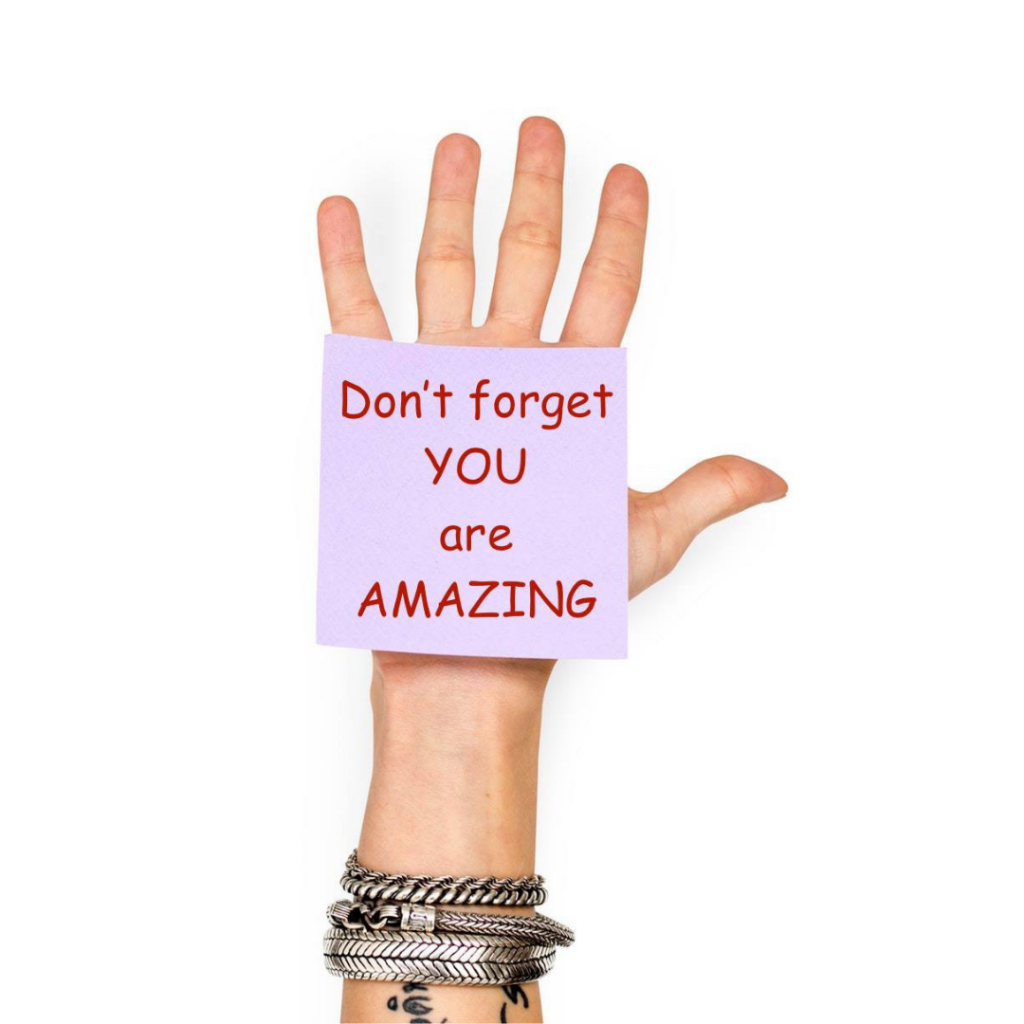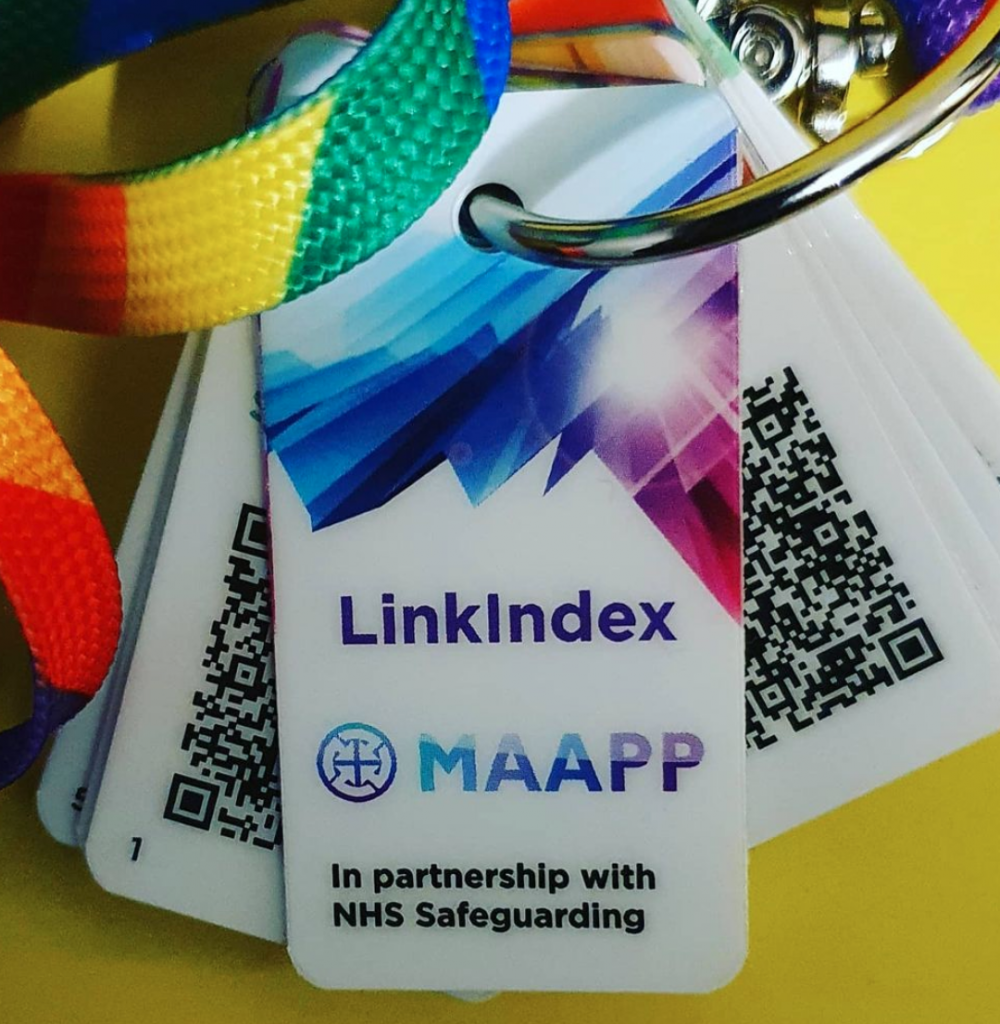
#ACES #Trauma #LivedExperiences #Survivors
I have joined the social media platform Tik Tok and whilst there are some amazingly fabulous posts, videos etc there is also so much underlying pain. I have experienced the lack of regard for others on this platform, and it isn’t nice, it is hurtful, however I genuinely believe it is hurt people that hurt people. For the majority of us, we are self aware and mindful of the impact our behaviours have on others.
Life is tough for many of us, very few journey through free of pain. And I am glad to see more people talking their truth, why shouldn’t they? We know (for those that know) communication, talking our truth helps healing.
When we feel heard, connected we can start to explore emotions, who we are and start to slowly understand why we are, who we are. What we sometimes do with internalised pain is deflect or internalise it without really understanding what we are doing ( I am not stating that if you chose to hurt someone, it is not your fault, because as adults we have choices to be kind or not and we are aware of right and wrong). What we can struggle with is expression (this could also be due to exposure to adversity/ pain (watch videos below at the end of this post) not being heard as a child, self fulfilling prophecy, limited vocabulary, or learnt behaviours) due to lived experiences, the build up of previous pain (which is not always understood) and our defence mechanism, projects or internalises pain/trauma. Presentation is not always a true reflection of how someone feels, lived experiences are not always visible.
We may never forget the pain, but it helps to talk about it, we have to take control of it, be heard and heal. With specialist support you can start to put into context what happened, it helps us remove the guilt we hold. Human behaviour as we know is very complex and pain is not measurable, if it hurt you, it hurt you. So why are we taught not to tell our truth? #connection #communication #narrative
Please take a look at the (press highlighted link-) NAPAC website, as adult survivors of trauma their website and resources are fabulous! They can also signpost you to supports in your local area. #traumainformedpractice #trauma #adultsurvivors #childhoodtrauma
I remember reading an article or blog about Childhood Trauma written by (press highlighted link-) Jane Evans in my early 40’s and it was like a light bulb moment, she spoke it as it was, my feelings of self doubt, oddness etc was related to a word I had never heard of, and that was Trauma, it was from there that life started to change. I rang her, a truly wonderful lady and thanked her. I couldn’t read enough about it (about me) it was real, it was no longer mine to keep.
I knew my childhood had had an impact on me but I didn’t know how to express it, because in my generation, to talk about it was ‘Feeling sorry for yourself’. It was also the ‘family secret’ so I had a fear of sharing it, or that it wasn’t bad enough to share or warrant support because other people had experienced worse. That’s why I now say to anyone, pain is not measurable, if it hurt you, it hurt you and we are all deserving of support.
For many years over the generations, I’m sure you can relate, hearing phrases like ‘they just want pity’ ”no one wants to hear their stuff‘ ‘they are an adult now why don’t they get over it‘ ‘Ive heard worse‘ And in reality the understanding of our experiences isn’t that easy and these statements are due to limited awareness of the complexities of trauma! Our lived experiences are real, they are valid, they sit within us, festering, hurting, shaming, isolating us, self criticising, loathing, self doubt, confidence (some people wont feel any of these, or different feeling not mentioned), to name but a few emotions, and we’ve not touched presentation!
No one says it ok to not like your parents, or it is ok to struggle not to forgive them. No one allows us to share our story, to acknowledge what they did was wrong. Yet we absorbed it all and struggle with something we do not understand, trying to understand the ‘WHY’. Feeling like the odd one, the ugly one, stupid one that no one would like or love, because we have absorbed all the negative words, experiences we were exposed to as a child.
We are born into a system, the family. As babies we learn very quickly to observe and ‘fit in’ to thrive or to survive. And as we know, every family functions differently. This is because the dynamics within that home, relationships, relating to the lived experiences of the parents, how they communicate to each other, the invisible stuff we don’t see or sometimes consider or explore, is what impacts on the child’s lived experiences.
When we first meet a prospective partner, they/ we don’t yell, hit or be critical, close down, it takes time for change to happen. When we meet someone we believe loves us (we fit, like magnets) it feels comfortable. We then feel whole, but as the ‘invisible’ stuff starts to surface, turn the magnets around and you feel resistance, but you cant see it. Within any system, families, school, university, work, relationships- Sometimes we get caught up, surviving and not thriving, due to what we don’t understand and how the impact of your own lived experiences, can influence our journey of life. I believe it all overlaps.
We are socially constructed beings. Our childhood experiences, secrets, pain, confusion, physical, psychological trauma, what we don’t see, all shapes us and stays very much alive within us. Where else can it go? The observations, fantasies (of what could/ maybe happen, or what you are hearing), feelings are then internalised/ absorbed.
A very powerful video I have watched, that for me captures fear (voiceless children) is (press highlighted link-)Fragile Childhood Do parents consider what fear looks like for their children, or consider how children learn to manage such huge emotions, fear, the unpredictability, changing behaviours? Which usually/ could relate to lack of awareness of how their own lived experiences/ journey has impacted on them. I know that my childhood experiences impacted on my parenting of my own children and wish that more discussions around parents journey was considered. When I learnt about it, it really empowered me to change.
In childhood we may not always understand, or be able to put the experiences into context, so how can we change what we don’t understand, or start to heal from the journey? When I think about some of the feelings, the fear, frustration, anxiety (to name but a few) I will never forget. These big emotions, physical and emotional responses I had to learn to regulate them within me until the next time and so on. So it makes sense in adulthood that I shut down, that it took time for me to feel safe to express emotion. I had no idea who I was.
As humans we don’t have the privilege of ‘the cloud’ removing pain from our physical being. Relating this to technology, if there was something impacting on the functioning of the computer system, we would go to a specialist and get it sorted, otherwise what we know is that it creates havoc and destroys the system from the inside out.
Bessel van der Kolk wrote a fabulous book (this is also for sale in a book, and free from Amazon audio), that really helped me on my journey of recovery and changed my practice with families. The Body Keeps the Score– here is a great podcast summary (press highlighted link-)://www.getstoryshots.com/books/the-body-keeps-the-score-summary/
We must stop assuming people know what we have had to learn, early intervention needs to be holistic and encourage parents to talk more, professionals to be more professionally curious. Behaviour tells us something. Few people get stuck for no reason, and once we understand we should sign post, work in partnership. Engage at a more meaningful level, plan targeted support, share resources, sign post. Let’s support prevention, empower and promote change.

Further resources, videos:(press highlighted links below-)
DR GABOR MATE-
DR NADINE BURKE
ADVERSE CHILDHOOD EXPERIENCES (WALES)